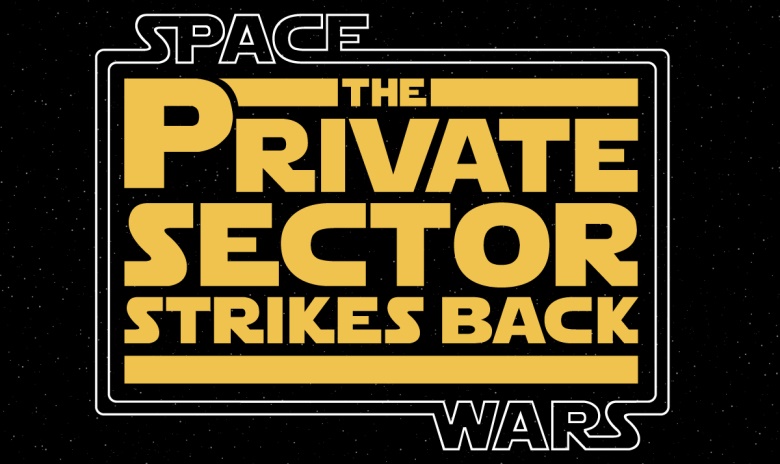
![[Infographic] Space Wars: The Private Sector Strikes Back [Infographic] Space Wars: The Private Sector Strikes Back](http://greatnews2023.com/wp-content/uploads/2023/07/space-private-sector-strikes-back-infographic-1.jpg)
Space Wars: The Private Sector Strikes Back
Government agencies such as NASA have been the brains behind space exploration for decades with much success. Such agencies put the first man in space, landed on the moon, and built the first reusable space vessel.
However, since the private venture behind SpaceShipOne won the $10 million Ansari X Prize in 2004 for its series of manned flights, a new age of space exploration has begun.
In fact, many companies in the private sector have started to achieve great milestones. Our infographic today, created by Visual Capitalist, documents the companies in space that are now vying for space supremacy.
The Old Guard
Rooted in the lucrative government space contracts of the past, the Old Guard consists primarily of defense and aerospace behemoths such as Boeing, Lockheed Martin, and Orbital Sciences.
To put things in perspective, United Launch Alliance (ULA), a joint venture between Boeing and Lockheed formed in 2006, charges the US Air Force a $1 billion retainer just to be “ready” to launch a satellite into space. To actually launch a satellite is another $380 million more.
Seeing this stagnant situation as a business opportunity were tech billionaires such as Jeff Bezos, Elon Musk, and Richard Branson, who have helped form The New Guard.
The New Guard
The price tag that is advertised for a launch of the Falcon 9 with SpaceX right now is $57 million. Compared to ULA prices above, this is a meaningful step in market disruption. It’s only the beginning.
Companies like Planetary Resources and Deep Space Industries plan to harvest asteroids in space for water and metals such as PGMs (platinum group metals). Richard Branson’s Virgin Galactic plans to bring super rich tourists to experience space in coming years for $250,000 a pop.
However, space isn’t for the faint of heart. Recent accidents in 2014 have made clear the elements of human and financial risk that space flight brings. In October, Orbital Sciences’ unmanned Antares rocket exploded over Virginia. A few days later, Virgin’s manned test flight of the SpaceShipTwo ended in calamity with one death and one serious injury to test pilots.
These challenging realities are part of embarking to new frontiers. So far, such incidents and risks have not deterred companies from their endeavours yet. Which companies will succeed in their quests in this new industry?
The truth is out there.

![[Infographic] Space Wars: The Private Sector Strikes Back](https://greatnews2023.com/wp-content/uploads/2023/07/space-private-sector-strikes-back-infographic.jpg)